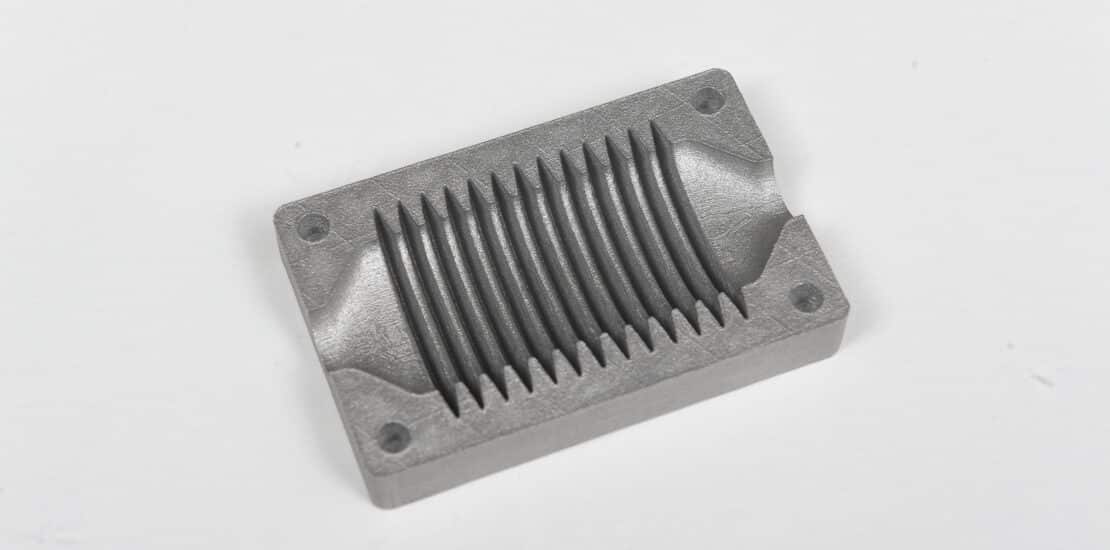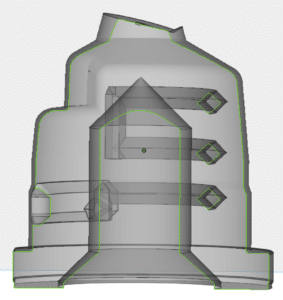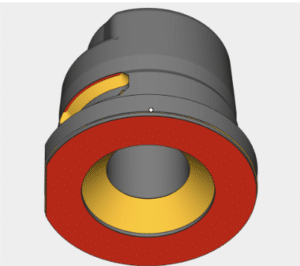- May 2, 2023
- Posted by: TheD2MCo
- Category: News

Mold makers have taken an interest in additive manufacturing when considering their most intricate designs. By building a mold from the base up, the parts can include internal features such as conformal cooling channels. This change can lead to production processes being optimized for speed, price, as well as for material conservation. 
Additive manufacturing allows for complex geometries that could never be achieved with traditional machining methods. Further than that, the design of the mold in CAD software can take place in the same room as the mold production, by the hands of the same operator and sometimes even within the same day.
As-printed parts have properties equivalent to those manufactured by conventional means with densities exceeding 99.5% of the theoretical density, +/- 0.2% dimensional tolerances, and fine surface finish. Achieving these densities allows for optimal hardness.
Mold makers have taken an interest in additive manufacturing when considering their most intricate designs. By building a mold from the base up, the parts can include internal features such as conformal cooling channels. This change can lead to production processes being optimized for speed, price, as well as for material conservation.
Additive manufacturing allows for complex geometries that could never be achieved with traditional machining methods. Further than that, the design of the mold in CAD software can take place in the same room as the mold production, by the hands of the same operator and sometimes even within the same day.
As-printed parts have properties equivalent to those manufactured by conventional means with densities exceeding 99.5% of the theoretical density, +/- 0.2% dimensional tolerances, and fine surface finish. Achieving these densities allows for optimal hardness.
ARTICLE WRITTEN BY XACT METAL
